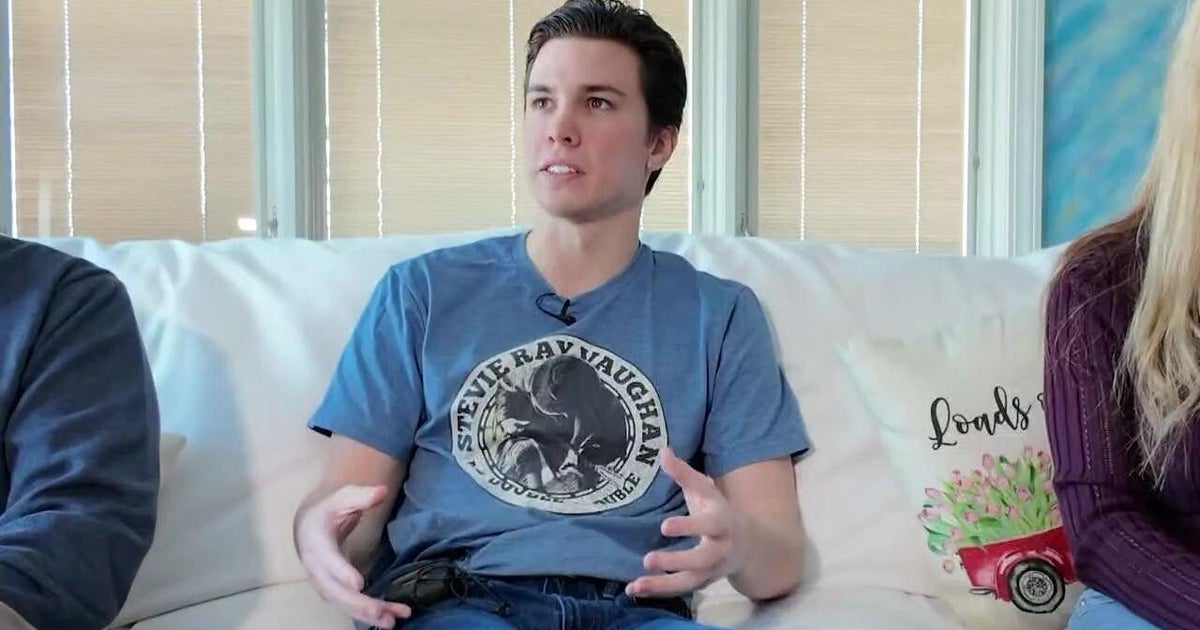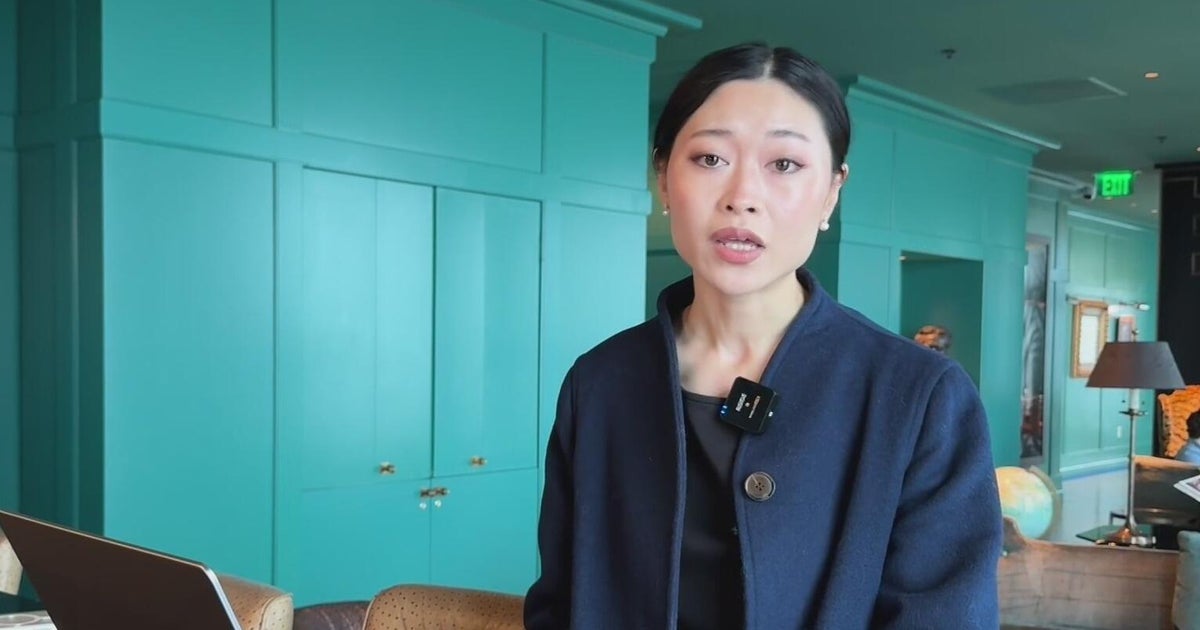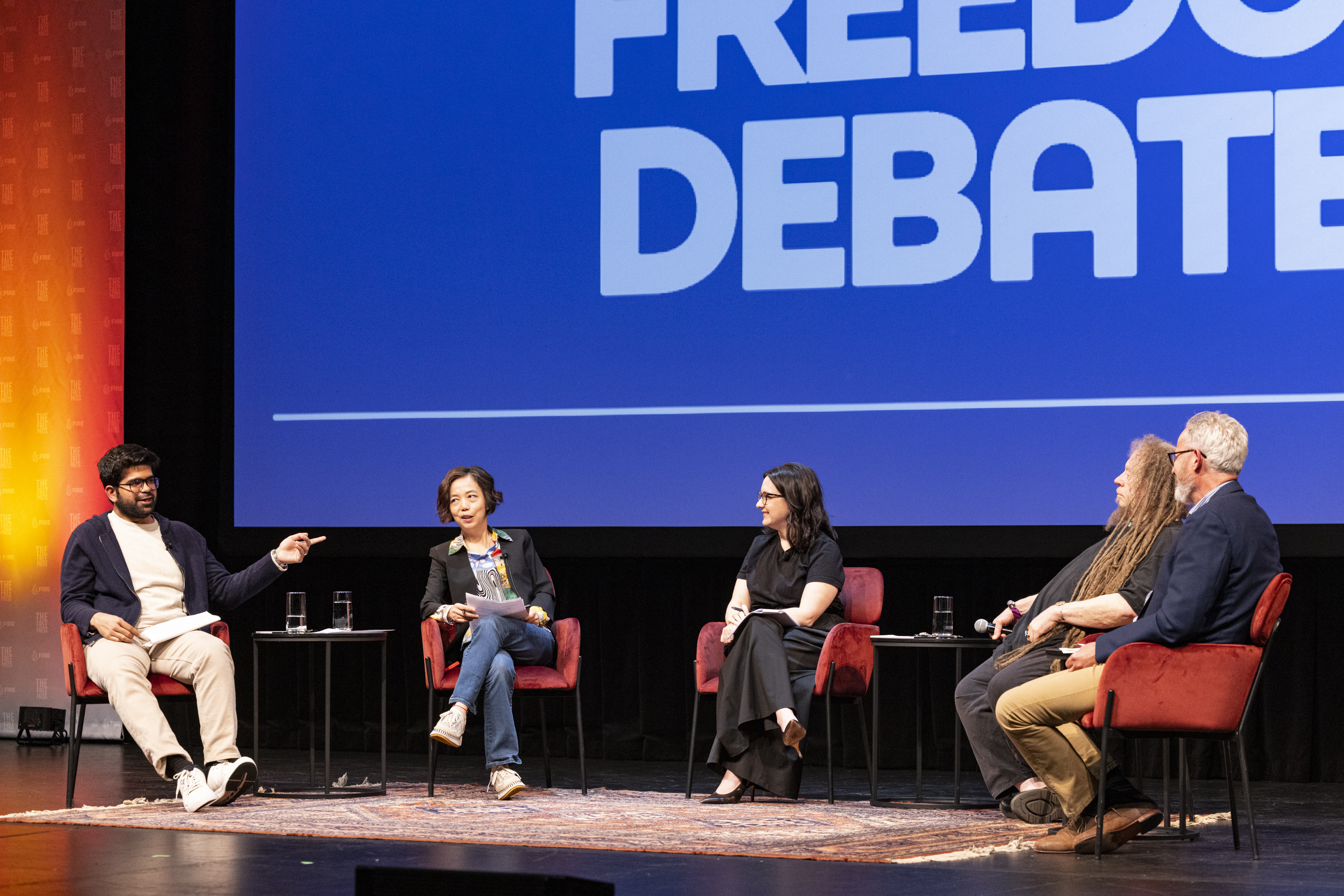Princeton student says his new app helps teachers find ChatGPT cheats
A Princeton University student has built an app that helps detect whether a text was written by a human being or using artificial intelligence tool ChatGPT.
Senior and computer science major Edward Tian, said in a recent tweet that the algorithm behind his app, called GPTZero, can "quickly and efficiently detect whether an essay is ChatGPT or human written." The beta version of the app is available here.
ChatGPT has exploded in popularity recently for its ability to spit out coherent essays on virtually any topic in just seconds. The technology has drawn interest from investors, with the Wall Street Journal reporting that parent company OpenAI could soon attract investments valuing it at $29 billion.
But the app has also raised fears that students are using the tool to cheat on homework, leading New York City to block access to ChatGPT on school devices and networks.
All it requires is a simple prompt, like "Write a summary of the American Revolution."
Tian has now provided teachers everywhere with another weapon against ChatGPT.
How it works
Tian's app examines two variables in any piece of writing it examines. First, it looks at a text's "perplexity," which measures its randomness: Human-written texts tend to be more unpredictable than bot-produced work.
"If a text is very random and very unfamiliar and the app is perplexed by it, it's more likely to be human-generated," Tian told CBS MoneyWatch.
If a text is very familiar to the GPTZero app, and has low "perplexity," it was likely machine-generated, Tian explained.
In addition to perplexity, his algorithm examines "burstiness," which measures variance, or inconsistency, within a text.
"There is a lot of variance in human-generated articles," he said.
"Humans deserve to know the truth"
Tian said more than 20,000 users have demoed the beta version of GPTZero, and that teachers from around the world have reached out to thank him for making their jobs easier.
"They say it works and that is has confirmed suspicions they had," Tian said.
Students, on the other hand, have been less appreciative of Tian's efforts.
While AI is here to stay, Tian believes safeguards are essential "so that these new technologies are adopted responsibly."
"I am not opposed at all to ChatGPT. But humans deserve to know the truth about what is AI and what is human-generated," Tian said.



